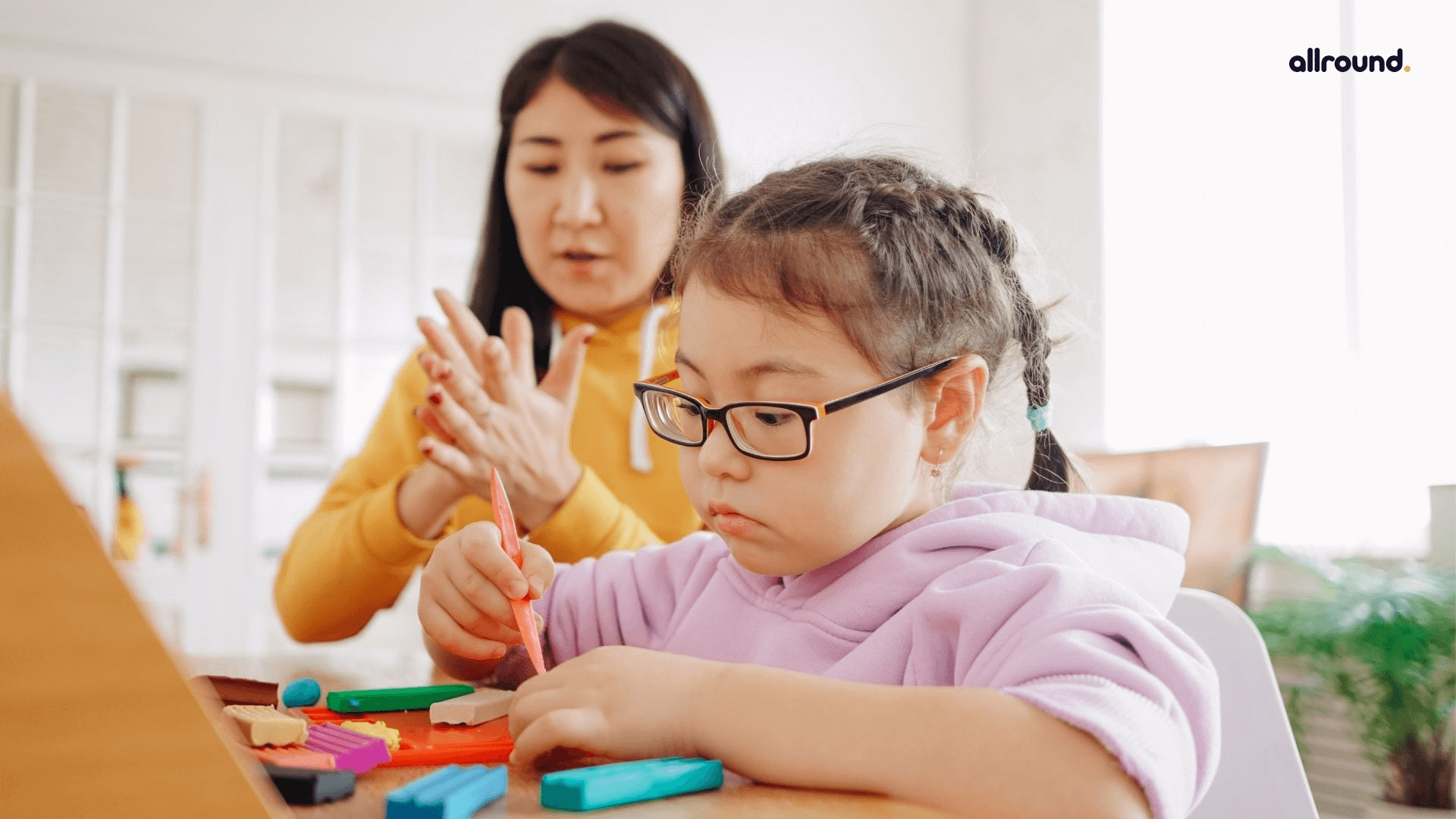Homeschooling an Angry Child5 min read
Homeschooling is where children are taught at their parents’ homes. It is different from traditional school setups. It’s hard for parents to control their kids’ anger when they become frustrated while teaching them. Some kids can become irritable and violent when we try to be strict with their learning. It’s important to teach your child how to manage their anger healthily.
Contents
Do kids get angry?
Everyone experiences anger at one point or another. It’s not rare to find yourself feeling angry in different ways. It is also valid for children. Most parents find it hard to control their kids’ behavior. Many factors can contribute to a child’s anger issues, such as behavioral problems that can cause harm. One common trigger is frustration, which can often be triggered by a child’s inability to get what they want. Factors such as genetics and environment can also play a role in the development of anger and aggression. It is believed that certain parenting styles and trauma can make a child more prone to displaying rage or aggression.
Reasons for anger in kids
- While it’s common to see physical growth pains for children, many parents may not have considered the emotional side of growing pains.
- Early development is often needed to get the most out of the brain. While the development of the neurons and synapses is hard to work, they will still have the ability to control emotion and self-control.
- Most parents do not realize that children with anxiety symptoms are experiencing anger issues.
- Their brains are under siege from anxiety attacks.
- Anger is a powerful emotion that can trigger deep feelings of power.
- While children are often busy and have limited time to play, expressing anger has long been a healthy way to develop a sense of power and control.
- A child’s need for a close and secure relationship with a caregiver is powerful. It is the reason why many parents choose to provide a home-based care system.
- Anger serves as a powerful tool to communicate an unmet need. It can also be used to motivate and challenge adults.
- Change and loss are natural parts of life. For children, however, it can cause them to feel irritable and agitated.
- It is believed that when children become emotionally activated, their emotions can limit their ability to think clearly. It impairs their ability to respond to stressful situations.
- Many children with developmental conditions have challenges in their emotional regulation skills.
It will be difficult handling an angry child while homeschooling. But there are ways you can include activities to reduce anger in your child.
Ways to Manage an Angry Child while Homeschooling
1. Let your child know about feelings
A child may be prone to lash out if they don’t understand their feelings or cannot verbalize them.
To help your child identify feelings, start by teaching them basic terms such as “mad” and “sad.” They’ll then learn to label their own emotions gradually.
As your child gets older, they will start to understand better how to describe their feelings. They will also learn to use more sophisticated terms such as frustrated, disappointed, and lonely.
2. Set calm-down activities
When children start to feel angry, teach them to behave in a certain way. For example, please give them a calm-down activity to do every once in a while. They’ll also feel better if they’re coloring, reading, or playing with a toy. You can also encourage your child to calm down by asking them to get a calm-down kit. It will teach them responsibility and help them get used to being upset.
3. Teach anger management
One of the best ways to calm an angry child is to teach them anger management techniques. Some of these include taking deep breaths, going for a quick walk, and repeating a helpful phrase.
Some kids need more coaching to develop specific skills, such as self-control and impulse control.
4. Discipline their tantrums
Establishing consistent discipline helps children learn that their behavior is not acceptable. Time-outs and taking away privileges can help teach good discipline. For example, when kids know that throwing temper tantrums is effective, they will ask for more toys. Please give in to your child when they have a meltdown, but this will only worsen their behavior. Instead, work with them to develop a stronger connection to feel more confident about their needs.
5. Control your anger
Although it can be hard to control one’s temper, it is still possible to work toward a goal.
If you have a child, the first thing that you should do is not react when the other person feels angry towards you. It will help avoid making the other person feel worse.
Give yourself time to calm down. Sometimes, I leave the room to go into the bedroom or the bathroom.
6. Don’t expect your child to change immediately
Expecting that your child will push your buttons is the best way to teach her to do her job. Set yourself up for success by committing to stay in control of what you want from now on. It will help set the tone for how you treat your kids. It’s also essential to make sure that your child knows the limits of what she can and should do.
Conclusion
It is not rare to find yourself feeling infuriated at one point or another. There are a variety of factors that can contribute to the development of anger in children. Everyone experiences anger in different ways. But training to get your child and yourself in control will help. I hope this article helped you with information about homeschooling your angry child. These activities and exercises will surely help you guide your child to manage anger with ease.




